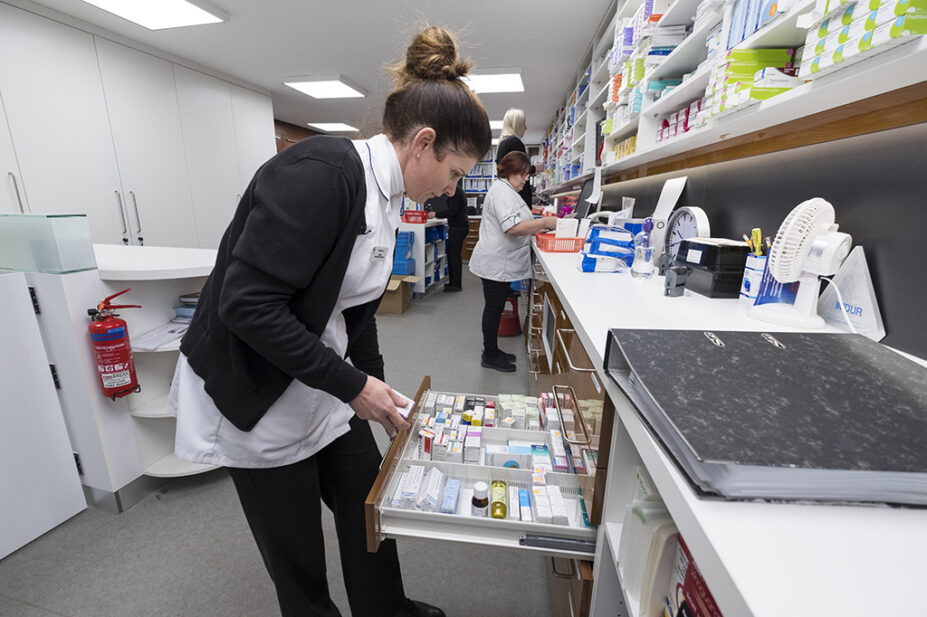
LEWIS HOUGHTON/SCIENCE PHOTO LIBRARY
The National Pharmacy Association (NPA) has advised community pharmacies to “consider withdrawing from the Oriel scheme” if they are unlikely to have access to a designated prescribing practitioner (DPP) for the start of the 2025/2026 foundation programme.
In a statement, published on 1 May 2024, the NPA said it has become “increasingly apparent that access to a DPP in community pharmacy is very difficult”, and that unless a DPP is already in place, the chances of securing one in time for the 2025/2026 foundation year “are slim”.
The NPA added that this could lead to “unintended adverse consequences” in forcing prospective pharmacist students to find another placement at short notice and risking the reputation of the training site.
In October 2023, NHS England announced that employers who wish to take on a pharmacist trainee in 2025/2026 will need to confirm that they can provide access to a DPP by March 2024.
NHS England mandated that any recruitment for the 2025/2026 foundation programme must be done through the Oriel programme — an online portal for recruitment to various healthcare professions in the UK.
Commenting on the NPA advice, Graham Stretch, president of the Primary Care Pharmacy Association (PCPA), said: “Saying if you’ve not got one to cancel now, because you risk reputational harm, seems to me a little bit premature.
“Because we are talking about 2025 graduates, here … it isn’t going to cause a reputational damage for quite some time yet.”
“My view, at the moment, is that we should be working, and helping, and supporting potential providers.
“And by we, that means NHS England and the professional groups — which obviously NPA is one of — my organisation [PCPA], the RPS [Royal Pharmaceutical Society], and all the other organisations, have an interest and a duty to support members to help them, wherever possible, to sort of bring people together collaboratively,” said Stretch.
From 2026, all newly qualified pharmacists will be independent prescribers, which means employers must make provisions for students to have access to 90 hours of DPP supervision during their foundation year in 2025.
However, access to DPPs has been an ongoing concern among pharmacists and education providers, owing to the limited number of DPPs.
In March 2023, Health Education England tendered a contract for a provider to train 500 community pharmacists to become DPPs by the end of March 2024. The contract, worth £500,000, was awarded to pharmacy workforce training provider ProPharmace.
James Davies, director for England at the RPS, said: “We have heard examples of independent community pharmacies working closely with system leaders to find innovative solutions for DPPs in their locality, driven by local engagement and collaboration.
“We understand that, in the high-pressure environment of a community pharmacy, some pharmacists may be reluctant to become a DPP.
“The RPS has a suite of tools to help support current pharmacist prescribers to make that switch,” said Davies.


